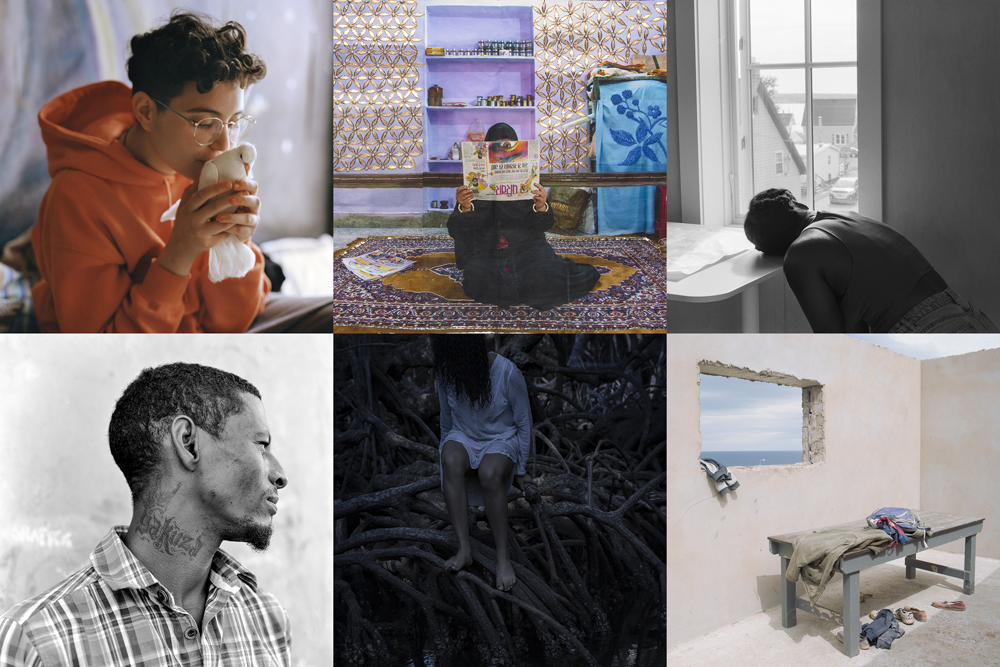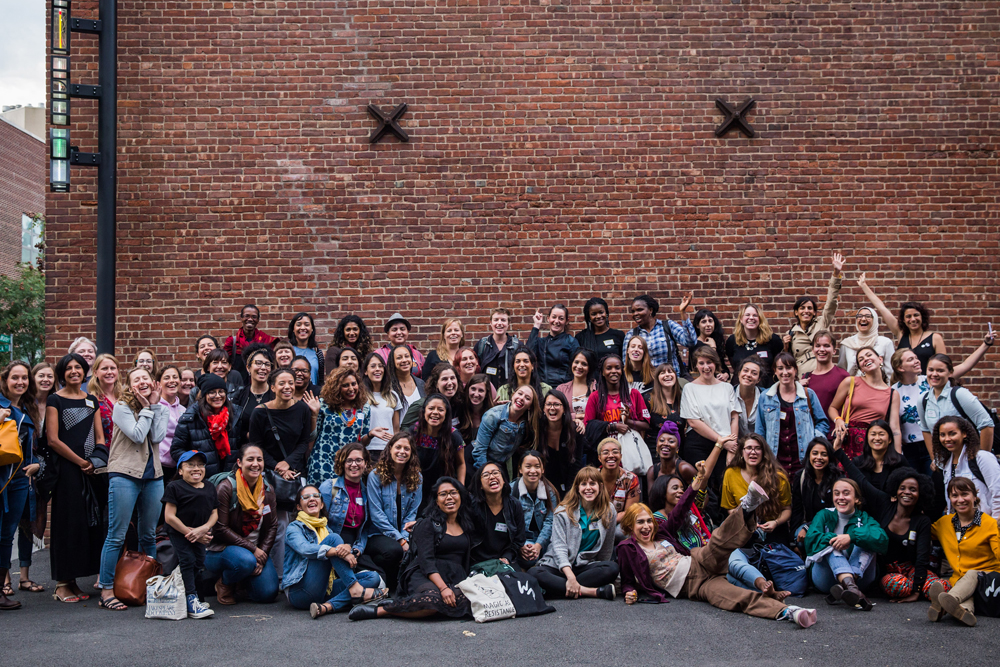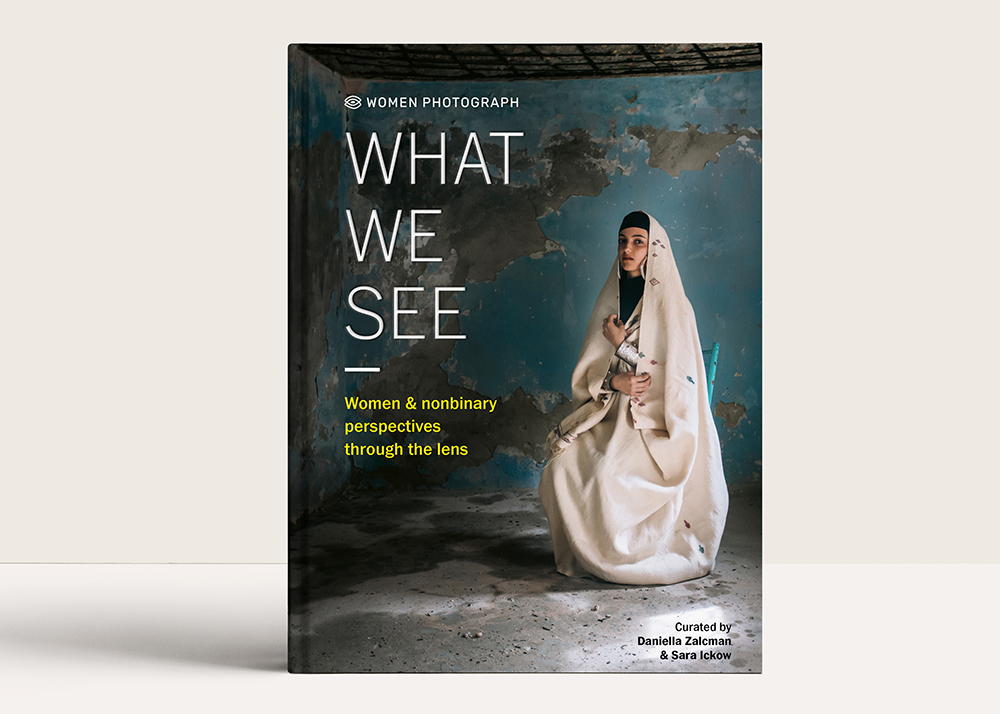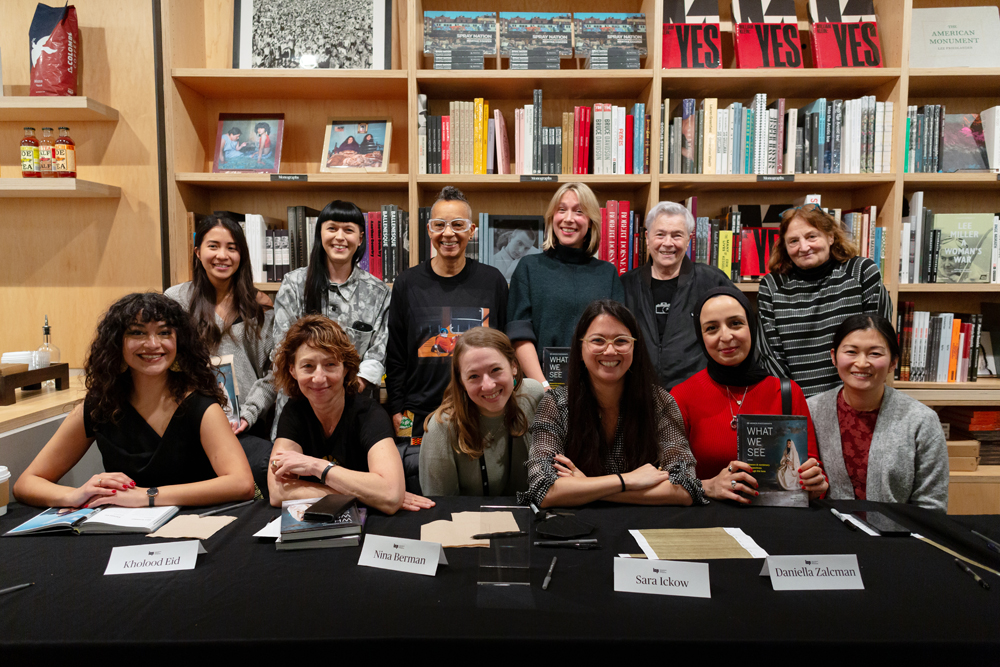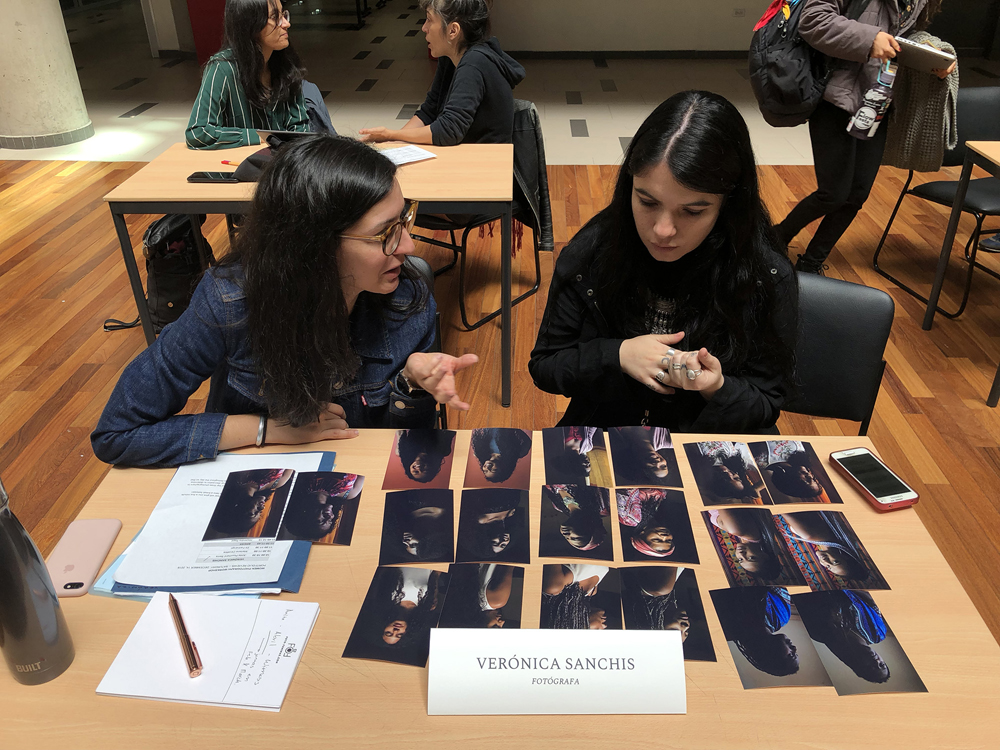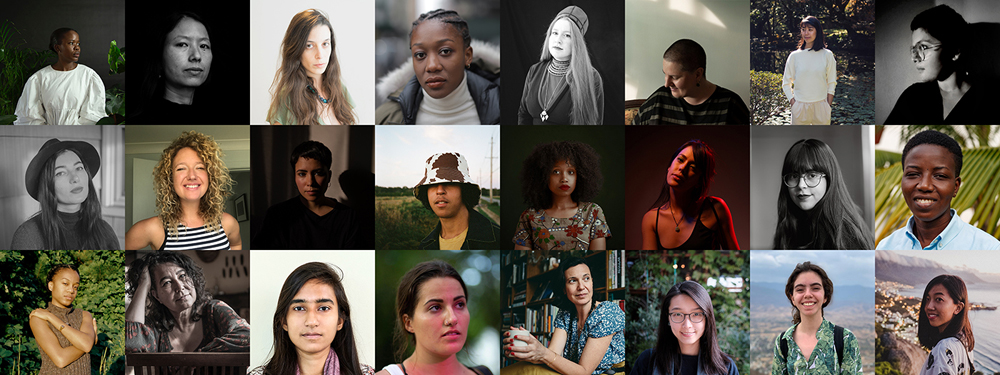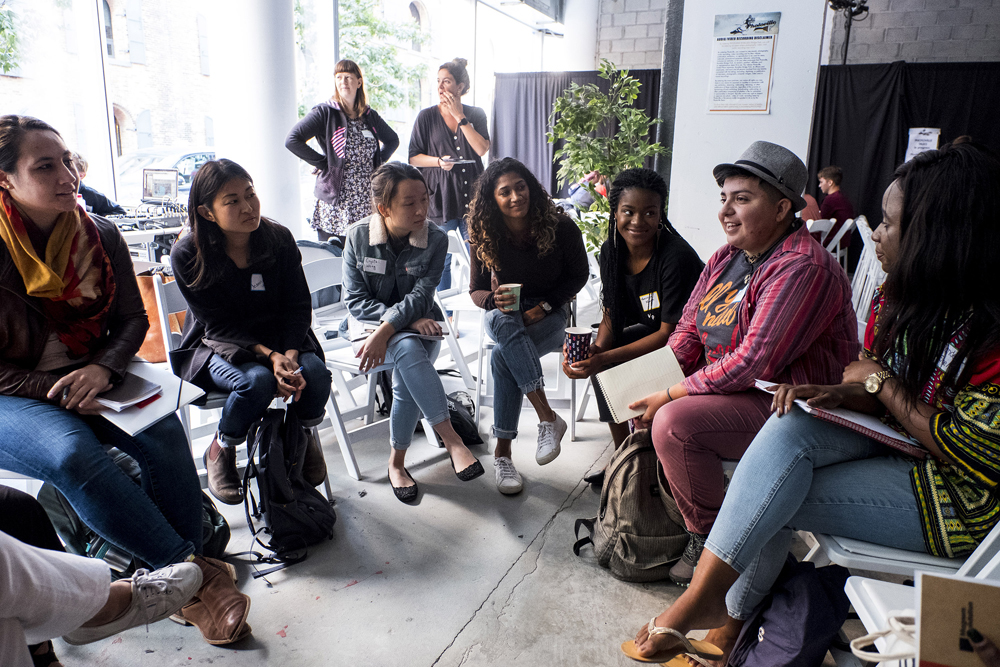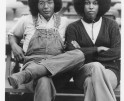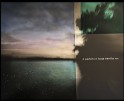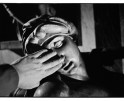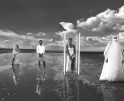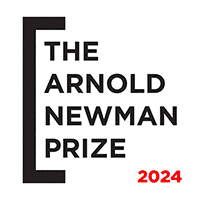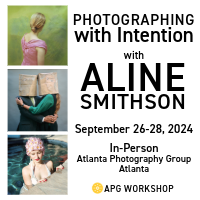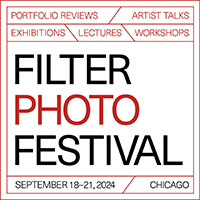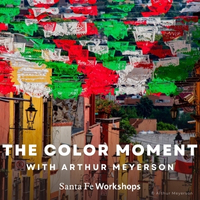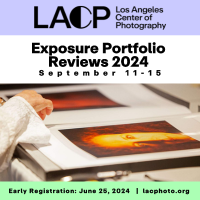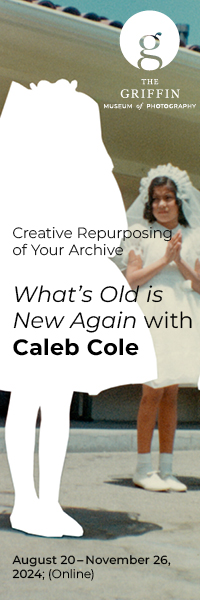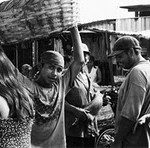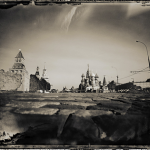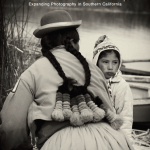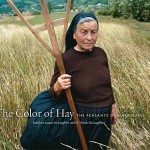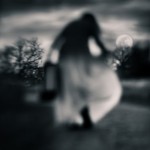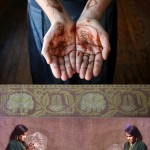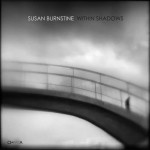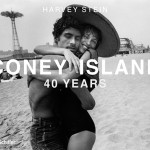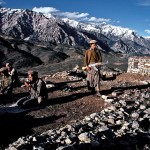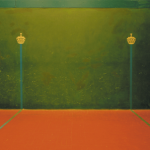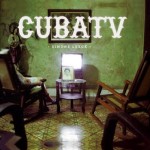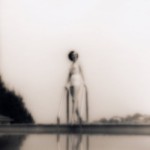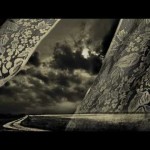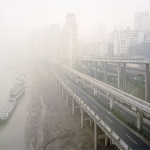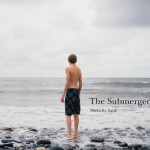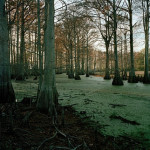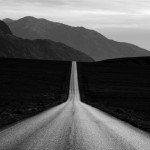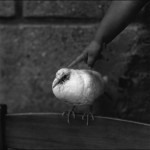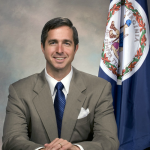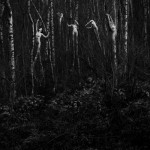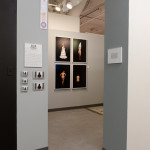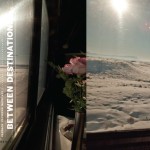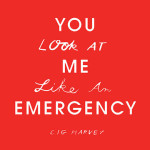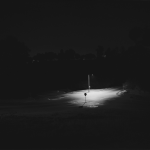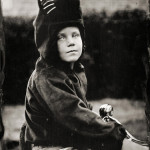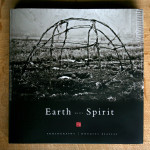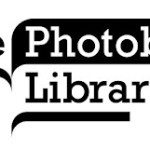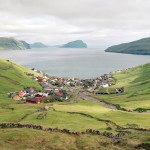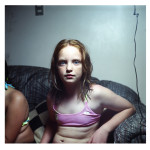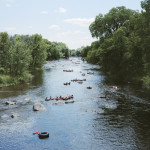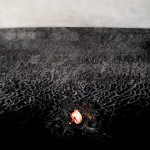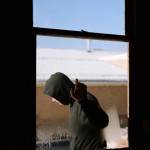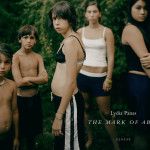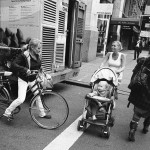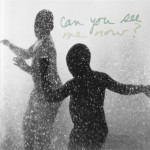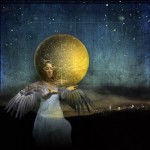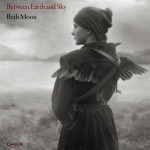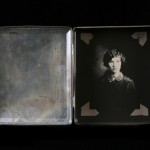Women Photograph: Why Identity Matters
Women Photograph has been elevating the voices of women and nonbinary visual journalists since its launch in 2017. The private database includes more than 1,500 independent documentary photographers based in 130+ countries and is available privately to any commissioning editor or organization. Women Photograph also operates an annual series of project grants, a year-long mentorship program, and an annual skills-building workshop, and collects data on hiring and publishing statistics in the visual media industry. I’ve been very inspired to see the collective evolve over the years and reached out to the Founder – Daniella Zalcman to talk about community and the state of the visual industry today.
Ashima Yadava: Why do you think collectives like Women Photograph matter?
Daniella Zalcman: This industry remains woefully undiverse and it’s not just an equity problem, it’s an ethical problem. Photojournalists teach the world how to see, and if we’re constructing the visual historical record almost exclusively through the eyes of white, western, men, we’re missing out on so many ways of seeing and understanding our planet. These communities are helping not just to advocate for a more inclusive industry, but they’re creating the actual resources that gatekeepers need to diversify their rosters. I also believe that they’re helping to build community and solidarity for a lot of photographers who might have otherwise felt quite isolated in their careers.
AY: Having been around for seven years, what are your goals as a collective?
DZ: Our goals are twofold: to provide a hiring resource for photo editors and art directors and make it easier for them to commission a diverse range of photographers, and to provide structural support for women and nonbinary visual journalists in the form of grants, mentorship, workshops, and community.
AY: Women Photograph offers numerous grants, workshops, and mentorship opportunities which has helped changed the perspective and is trying to dismantle existing systems. What kind of challenges do you continue to see?
DZ: I think a lot of photo editors and other gatekeepers in this industry are in one of two camps: those who believe that our field needs to grow and diversify badly, and are happy for resources that will help them do their jobs and expand their networks. And then there are editors who don’t believe that we have a problem, and say things like “well I hire the best photographer for the job” or “identity shouldn’t matter.” So, I think it’s the role of Women Photograph and all of our partner organizations to continue to convince those folks that yes, identity does matter in how you assign, and you CAN hire the best photographer for the job while also being intentional and thoughtful about who you’re sending into certain communities and narrative contexts. I also think we don’t see enough news media organizations prioritizing diversity from the top down, so it becomes the burden of a small handful of folks who are dedicated to the cause but may not be structurally supported within their organizations, and they can only do so much on their own.
AY: Do you work with other collectives who address similar issues? What do these collaborations look like?
DZ: We are lucky to work alongside a robust community of similar affinity groups: the Authority Collective, Diversify Photo, Foto Féminas, Black Women Photographers, African Women in Photography, the Everyday Projects, Indigenous Photograph, and the list goes on…
Sometimes those collaborations are large-scale projects like the Photo Bill of Rights, where we come together around dire moments in the industry to address major crises, and other times they’re smaller acts of solidarity and community-building (but they’re all equally important). It’s critical to know that we’re not alone in this advocacy work and we all make each other (and our respective communities) stronger.
AY: How do you engage with other Women Photograph members and the audience at large?
DZ: We rely on a wide variety of tools to reach our non-member audience: social media (Instagram, Twitter, Facebook), our newsletter, and our website are the primary ways we reach our followers. For members, we also have a private online forum that folks use to share information, ask for advice, and generally communicate and support each other. We have also used Zoom quite a bit since the start of the pandemic to host an online version of our annual workshop in 2020-2022, as well as to hold regular community meetings for members.
AY: How is Women Photograph currently funded?
DZ We’re funded by a mixture of nonprofit organizations, corporate sponsorships, grants, individual donations, and the fees we charge photo editors and art directors to access our private database.
AY: What would you like our audience to understand about what you are trying to do as an organization?
DZ: This impacts everyone: not just the image makers in our community. Storytelling is how we communicate: it’s how we learn, how we remember and how we pass knowledge on to future generations. And holistic, ethical visual storytelling has to come from a group of photographers as diverse as the communities they aim to document, or we’ve fundamentally failed.
Thank you for this conversation and for all that you do, Daniella.
www.womenphotograph.com
Instagram: @womenphotograph
Ashima Yadava is a conceptual documentary photographer and printmaker. With the camera as her conduit, Ashima believes in art as a means to social activism and reform. Her work is rooted in long-form stories with a focus on issues of gender equality, race, and social justice.
Born in New Delhi, India, Ashima now lives in San Francisco, California where she works in digital and analog methods including large format and silkscreen. She is currently a California Arts Council Fellow and helps the Development Committee at SF Camerawork. Her work has been featured in publications including National Geographic, Mother Jones, SFChronicle, and 6MOIS and exhibited around the world including the deYoung, the United Nations in New York, RISD, Technische Dresden in Germany, NIDA Festival Lithuania among others. She is a Director’s Fellow from the ICP, New York.
Ashima is the founder of Huq : I Seek No Favor. Huq brings together over 100 artists and thinkers to respond to the abortion ban.
Instagram: @indigonyx
Posts on Lenscratch may not be reproduced without the permission of the Lenscratch staff and the photographer.
Recommended
-
2023 in the Rear View MirrorDecember 31st, 2023
-
The 2023 Lenscratch Staff Favorite ThingsDecember 30th, 2023
-
Inner Vision: Photography by Blind Artists: The Heart of Photography by Douglas McCullohDecember 17th, 2023
-
Black Women Photographers : Community At The CoreNovember 16th, 2023

